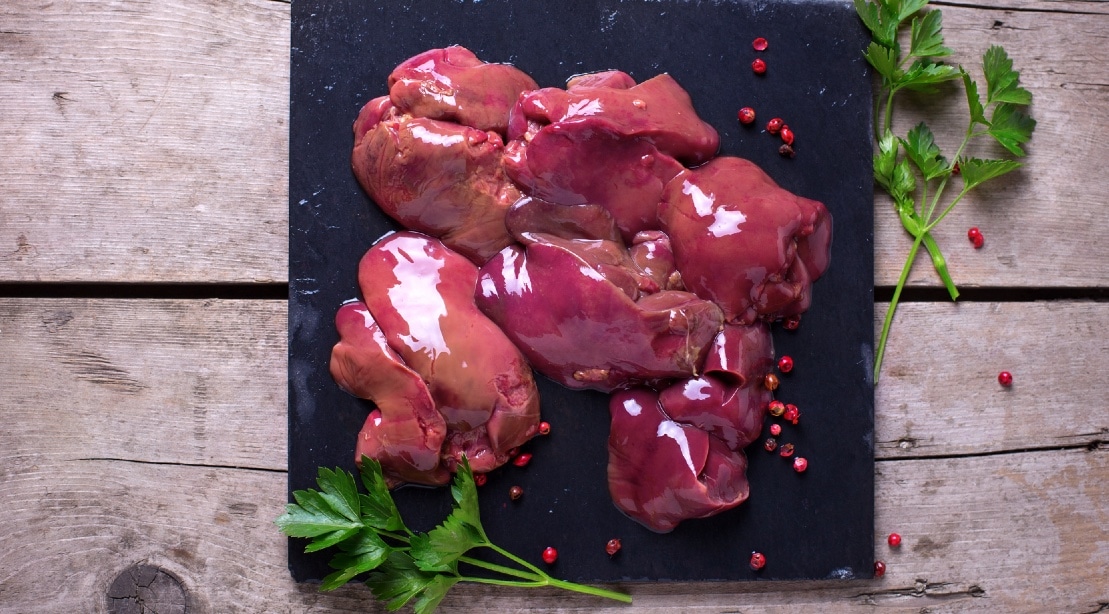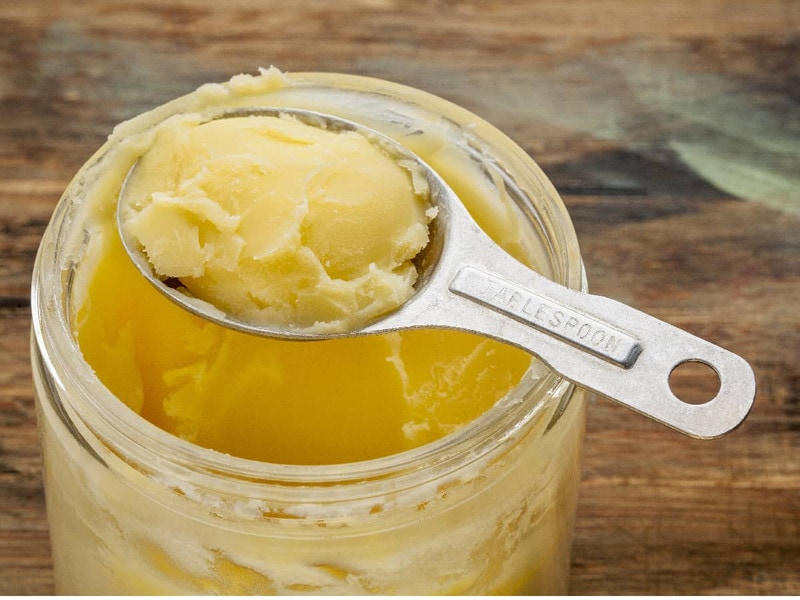One of the epidemics of our current culture is a sluggish, under-active colon. Do to over processed foods, overeating, too much animal consumption, and a lack of fiber in our modern diet, many of us have bowels that aren’t working at their peak performance.
What is Plyllium Husk and Bentonite Clay?
Psyllium husk comes from a shrub like herb called Plantago ovate, which grows worldwide but is most common in India. For centuries, psyllium husk has been used in the ancient traditional medicine of Ayurveda to promote the body’s overall health and well-being.
Psyllium husk powder is known as one of the most effective fibers for maintaining regular digestive health and it’s a prebiotic. Once its ingested it expands, forming a gel like mass by drawing water in from the colon. It promotes easy, healthy elimination by sweeping waste out of the colon more quickly and efficiently. Psyllium is best known for its uses in digestive health but can also help provide health benefits such as helping lower cholesterol and helping to maintain healthy blood sugar levels.
Bentonite clay, also called calcium bentonite clay or Montmorillonite clay is a product composed of ash taken from volcanoes. The clay is dried in the sun, filtered and then sold commercially in several form. Today the clay is harvested mostly in the U.S, France and Italy.
Bentonite clay and its healing properties stems back far in history. Several traditional cultures living in regions of the Andes, Central Africa and Australia have been applied and consumed volcanic clays in numerous ways for centuries.
Bentonite clay can help to expel toxins and heavy metals (such as mercury, cadmium, lead and benzene) by binding with them due to its chemical composition. Then it acts like a magnet and sponge, absorbing harmful substances so they can be removed from the body. Bentonite clay has negatively charged molecules, and most toxins and heavy metals have positively charged molecules. This allows the two to bind together easily and stay united while its expelled from the body.
It also has antibacterial properties and fights off various pathogens responsible for disease, such as E. coli and the virus that causes staph infection. It contains different nutrients, including calcium, magnesium, silica, sodium, copper, iron and potassium.
What are the benefits of using psyllium husk and bentonite clay to support your detox journey?
All the toxins that you eat, drink, breathe, and absorb through your skin end up processed by your gastrointestinal system. Psyllium husk and bentonite clay are two powerful allies when it comes to detoxification. The combination of two can help the body with deep colon cleaning by flushing out toxins and as a result improving your health.
Balances the PH level in the blood
Improves focus
Helps with weight loss
Effective at fighting Candida
Decreases risk of colon cancer
The Psyllium – Bentonite Shake Recipe
1 Tbs. bentonite clay powder (or liquid form)
2 tea sp. Psyllium husk powder
8 oz of water
2 oz apple juice for flavor (optional)
Mix all the ingredients in a shaker cup or Mason jar. Drink it quickly as the psyllium husk thicken and begin to coagulate. Drink an additional large glass of water right after.
For the best results, do not take bentonite clay within an hour of food. Also avoid taking it within two hours of medications or supplements, since it can interact with other substances.
Start with consuming one drink in the morning before eating breakfast, and then you can work your way up to five shakes. Eat a very light clean diet while you trying to detox. Some people prefer to fast while taking the sakes making it easier to ensure the successful cleanse.
To ensure a successful cleanse it is important to drink plenty of water. Common symptoms are headaches, pains in your muscles or joints, increased energy, and a lighter feeling.




